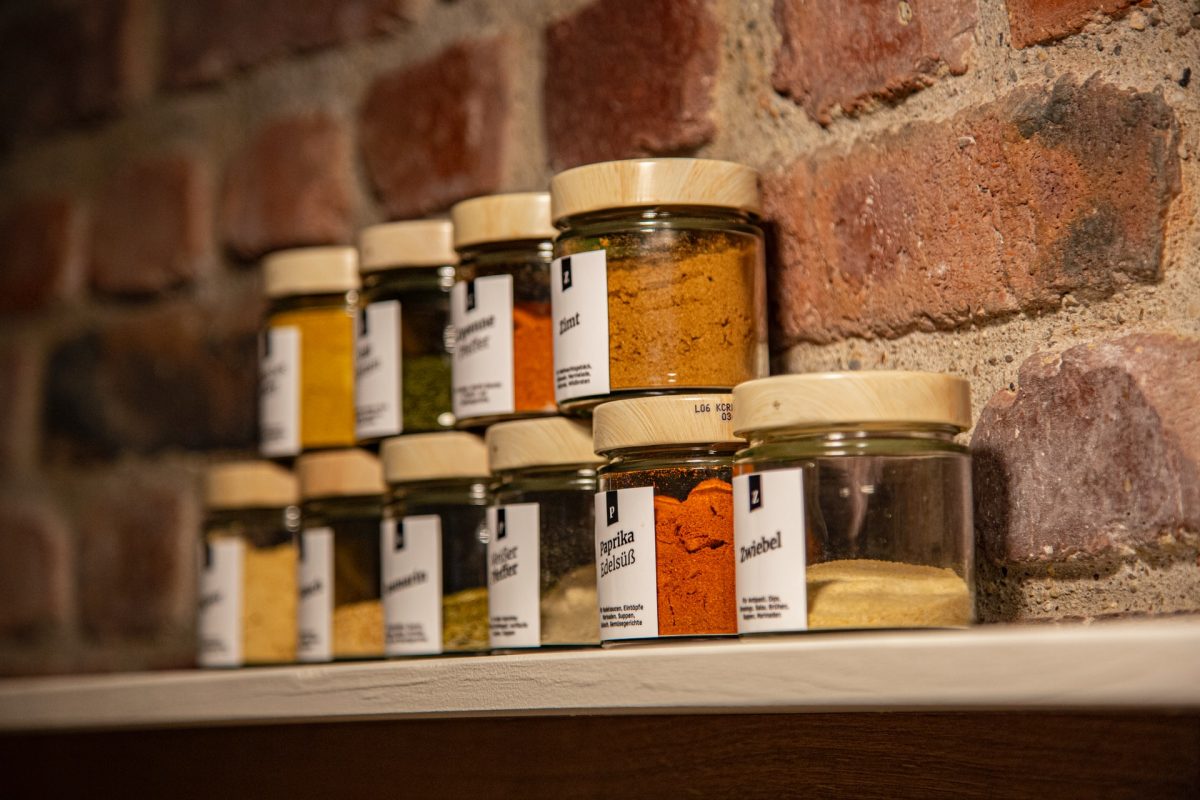Food sensitives are very common. Most people are completely unaware that they even have them, chalking their symptoms up to indigestion. The symptoms of food sensitivity include bloating, stomach pain, gas, and cramps.
It is important to distinguish food sensitives from food allergies. The difference between them is that when you have a food sensitivity your symptoms are caused by your digestive system, while food allergies are caused by your immune system’s response.
If you believe that you are struggling with food sensitivities you aren’t alone, and you do have options. This article will tell you what they are:

Sensitivity Tests
It can be hard to avoid the negative symptoms associated with food sensitivities if you don’t know what your body is not tolerant of. Fortunately, you can take a test that will evaluate for food sensitivities and give you a complete list of all of the foods that you should avoid eating. A sensitivity test is one of the first things that you should consider taking if you think that you are suffering from food sensitivities. If you continue eating foods that you are intolerant of, then your symptoms can get much worse.
Make sure that you read independent reviews, conduct research, and compare reviews so that you can find the one that is best for you. As well as reading independent reviews, read reviews published on websites like Google Reviews and Trust Pilot. You can read what customers have to say about the test provider in these places.
Recognising Symptoms
It is also very important that you recognise and identify your symptoms. Some people experience different symptoms. Some of the most common symptoms include brain fog, joint pain, fatigue, depression, anxiety, headaches, digestive issues, and gas. The type of intolerance you have may influence your symptoms, making them less or more severe. Gluten intolerances in particular can be very severe, as can dairy intolerances. If you begin to experience negative symptoms after eating specific foods and begin recognising patterns, visit your doctor or take a sensitivity test. You should try to record your reactions and corresponding meals on a pad of paper.
Read Food Labels
Once you have been able to identify the foods that trigger digestive reactions, you can begin trying to avoid them. The best way to avoid them is to cut them out of your diet and to read food labels before you buy products. In a label’s ingredients section, you will find the name of every single food product found within the product that you are buying, as well as the names of preservatives and colourings used. Preservatives and colourings can also cause intolerances. Sometimes they can even cause serious allergic reactions. Other ingredients that you may be intolerant to include:
- Antioxidants
- Artificial flavourings
- Emulsifiers
- Flavour enhancers
- Sweeteners

Cross-Contact
Cross-contact can be an issue, though it is more of a problem with food allergies than it is food intolerances. Even so, err on the side of caution and make that whenever you are preparing food, you do not cross-contaminate and allow foods that you are intolerant to touch the food that you are going to eat. You should also tell restaurants and diners this when you are ordering from them, so they can make your food fresh and cater to your intolerance.
Food Poisoning
It is also important to make sure that you really do have food intolerances, and that you are not suffering from food poisoning. It is very common for people to mishandle, undercook, and improperly prepare food, which results in them experiencing food poisoning. Food poisoning is not always severe. Sometimes the symptoms can be very minor, and because of this, are often mistaken for food intolerances. Make sure that you carefully prepare the food that you are cooking, especially if it can have a toxic effect on the body as certain beans can.
Food Allergies
Finally, you must also check whether you are suffering from food allergies or not. The symptoms associated with food intolerances are often shared with food allergies. The difference between the two is that food allergies can – and sometimes are – fatal, as well as that the symptoms of food intolerances tend to take longer to manifest than food allergy symptoms do. With food intolerance, the amount of food eaten influences the severity of symptoms. This is not always the case with food allergies. When you take your sensitivity test, also take an allergy test at your local doctor’s surgery.
If you have been experiencing unwanted symptoms after eating your favourite foods, you may have a food sensitivity. Unfortunately, the only treatment available to you is total abstinence from that type of food so it is important to get checked first, to rule out allergies.
- About the Author
- Latest Posts
Whether she is researching the latest trends in home decor, life-changing destination getaways, or the best way to maintain your finances, Dewey takes pride in leaving no stone unturned. She is passionate about distilling and delivering high-quality information that you can use to upgrade your life.

